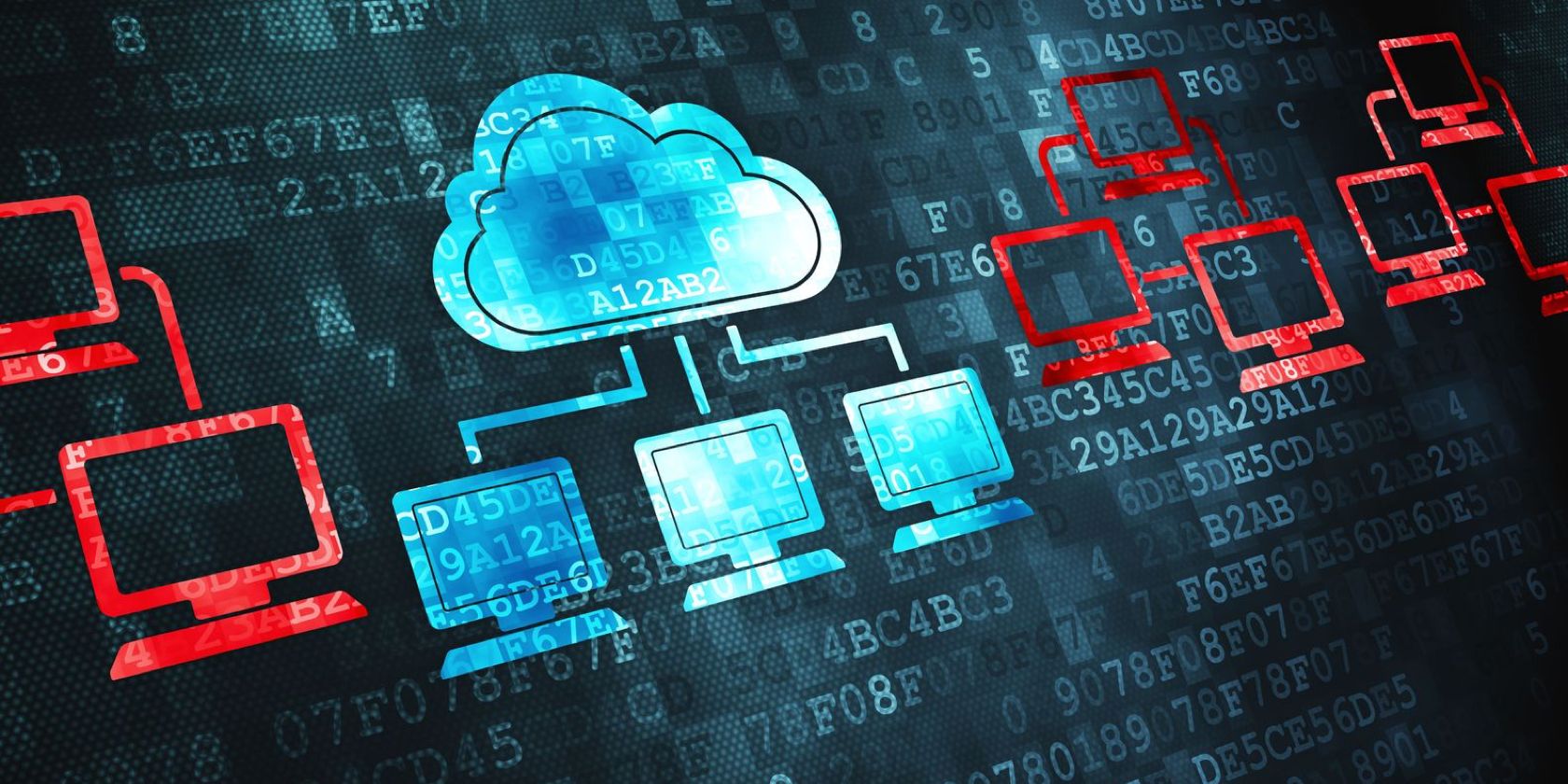In the era of mobile technology, the cloud has almost become a necessity. But another option exists that is growing in its own popularity. Virtual private networks (VPNs) represent a different way in which you can access your data in a secure environment.
Despite major differences between VPNs and cloud computing, the two are confused with each other far too often. It's important to mark the distinct differences between both choices so you can better understand which one is the right one for you.
VPN
The idea behind a VPN is very simple: it's a "proxy" network built to serve as a secure access point for a server or website. It connects to public networks (like the Internet) and essentially provides a secure two-way interface between the information being accessed and the user.
So rather than allowing a user (and, potentially, anyone else sharing the same Internet connection) to have direct access to a website or company server, the VPN serves as a safety gate through which select information is passed.
Conversely, individual users may rely on VPNs to protect or anonymize their identities when accessing websites as the VPN will only allow a website to collect information that the user on the other side has allowed.
One example that you may have already dealt with in your job is using a VPN to access a company database while offsite. This provides a layer of security even when a worker is outside the company's onsite firewall.
If you're a remote worker or someone who is constantly on-the-go for your job, having a safe way to use database resources is more important than ever in a world of multiplying security threats. VPN provides the manner in which you can accomplish this. That means enhanced website security due to data encryption transmitted between you and the network you're accessing.
A VPN also makes for a more private experience when browsing online, though it should be noted that “private” is not the same as being “anonymous.” This private method of browsing means websites you access won't be able to see your location or your IP address.
With so much emphasis being placed on IP security, it's clear why many prefer to use a VPN. Choosing a VPN provider is no easy task, however. There are many premium VPNs to choose from, including TunnelBear, which offers a mobile-only plan along with 256-bit encryption, SurfEasy Total, which can come with ad tracker blocking, and CyberGhost Premium.
Cloud Computing
A more familiar concept to some, cloud computing relies on shared computing resources. This means that instead of storing information or completing processing tasks on a local server that you personally own, you can upload files or assign tasks to be performed by a third-party server. If you've ever used a service like Dropbox, Salesforce, or even Gmail, you were doing so using cloud computing.
What makes cloud computing so popular is that it requires minimal (or no) investment in hardware but still allows access to powerful processing and storage technologies, most of which are paid for on-demand. And since many providers place security as a high priority (in opposition to the common belief that the cloud brings a host of dangers), this level of access usually represents a safer way to access data and use applications, all at a cost that's much lower than the alternatives.
That being said, uploading data to the cloud always carries a risk that's beyond your control. Do so with caution!
In addition to pay-as-you-go models (and the benefit of not needing to stuff your closet or IT room full of expensive servers and hard drives), cloud-based programs often provide the ability to work between a large selection of different apps, building this type of API integration right into the product.
Like VPNs, there are many cloud providers to choose from. The battle among cloud vendors is heating up, but at present the commanding lead belongs to Amazon Web Services (powering popular sites like Netflix, Reddit, and Pinterest) but alternatives like Microsoft Azure, Google Drive, and Dropbox have made the cloud market a very competitive one.
It's more important than ever to find a safe way to access your data no matter where you may be or what device you may be using. VPNs and cloud computing offer different ways to do it, so choosing which method is best will be largely up to what you need to do. Whatever you choose, you'll be much better off knowing your data is being protected.
How has your experience been with VPNs and the cloud? Or have you never used either? Share your thoughts with us in the comments below!
Image Credits: Sind Ihre Daten sicher? by Dennis Skley via Flickr, man@work 343/365 by Dennis Skley via Flickr, 251/365 - 09/07/11 - Netflix by Shardayyy via Flickr




